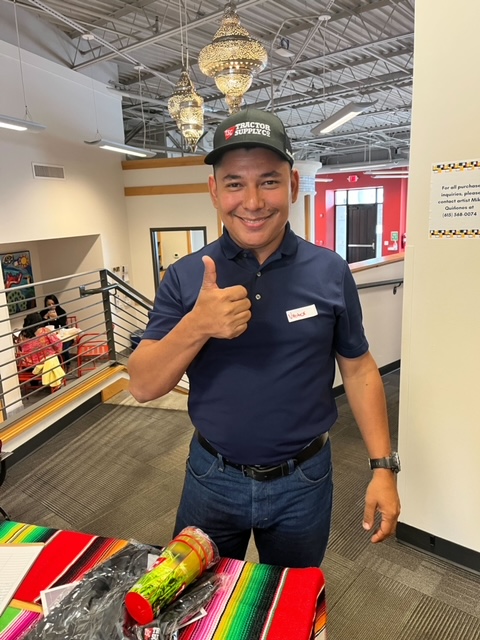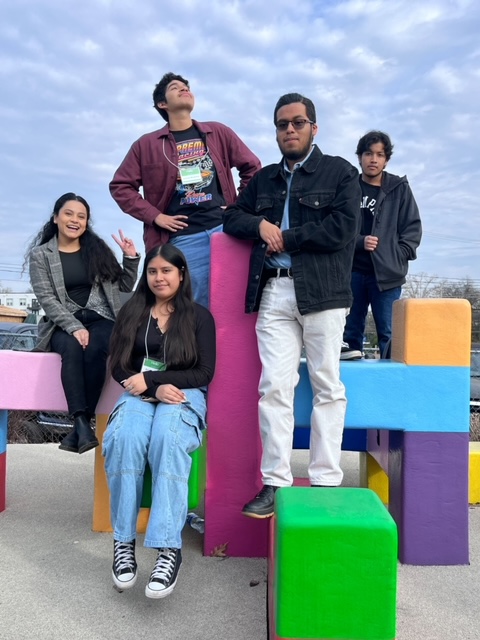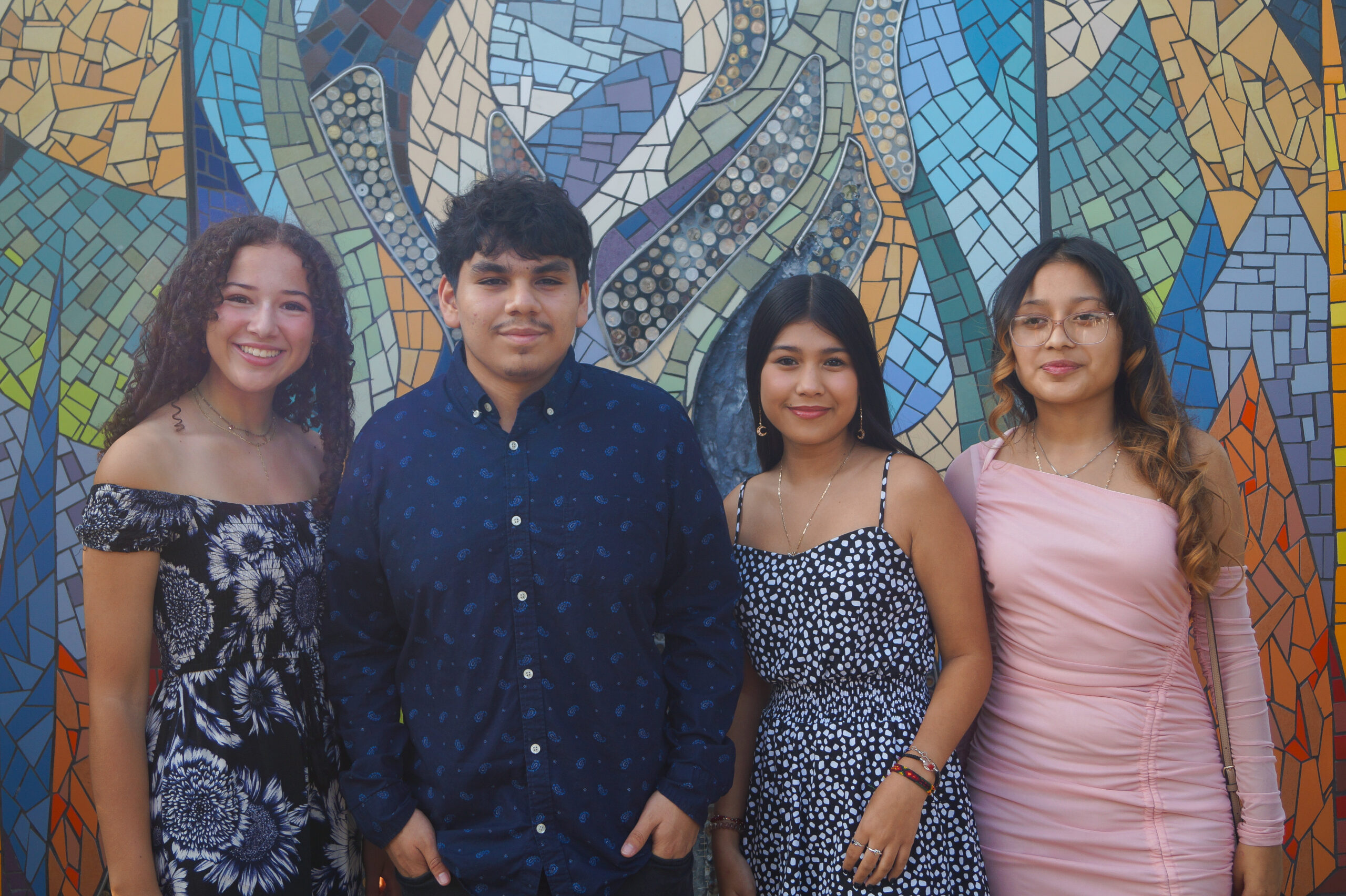Today, Hispanic residents comprise nearly 14% of Nashville’s population, with a growing influence that can be seen in every aspect of the city’s community, culture and economy. But in 2002, when Conexión Américas was established, the Latino population was just starting to increase in Middle Tennessee. Many of these new Nashville residents struggled to find the culturally and linguistically relevant resources they needed to make their way in an unfamiliar environment.
Conexión Américas, founded with initial funding by The Frist Foundation and others, stepped in to fill that gap, with a focus on social, economic and civic integration for Latino families – all with a mission of giving them the chance to achieve their own American Dream in Nashville.

Since 2002, Conexión Américas has assisted more than 9,000 Latino immigrant families and individuals every year in buying homes; starting businesses; improving their conversational English; learning their rights and responsibilities; finding bilingual services like doctors, dentists and lawyers; helping their children succeed in school; preparing for college and the workforce; and bettering their lives overall.
But the support is a two-way street, says Conexión Américas’ Co-Executive Director Tara Lentz. “We also see ourselves in a role of providing education to the greater community about the Latino families that we work with. Sometimes it’s just about sharing cultural and language differences. Many peer organizations in Nashville don’t have anybody who’s bilingual on staff, so it could be something like suggesting they add a flyer or a Facebook post in Spanish. It’s a small thing, but it can make a huge difference in someone’s life.”

She continues, “I think hopefully we’ve made some inroads on just letting the community know who our families are, why they’re here, and the many assets they bring. And, The Frist Foundation has played a crucial role in partnering with Conexión Américas to continue to adapt and grow alongside the changing needs of the community.”

